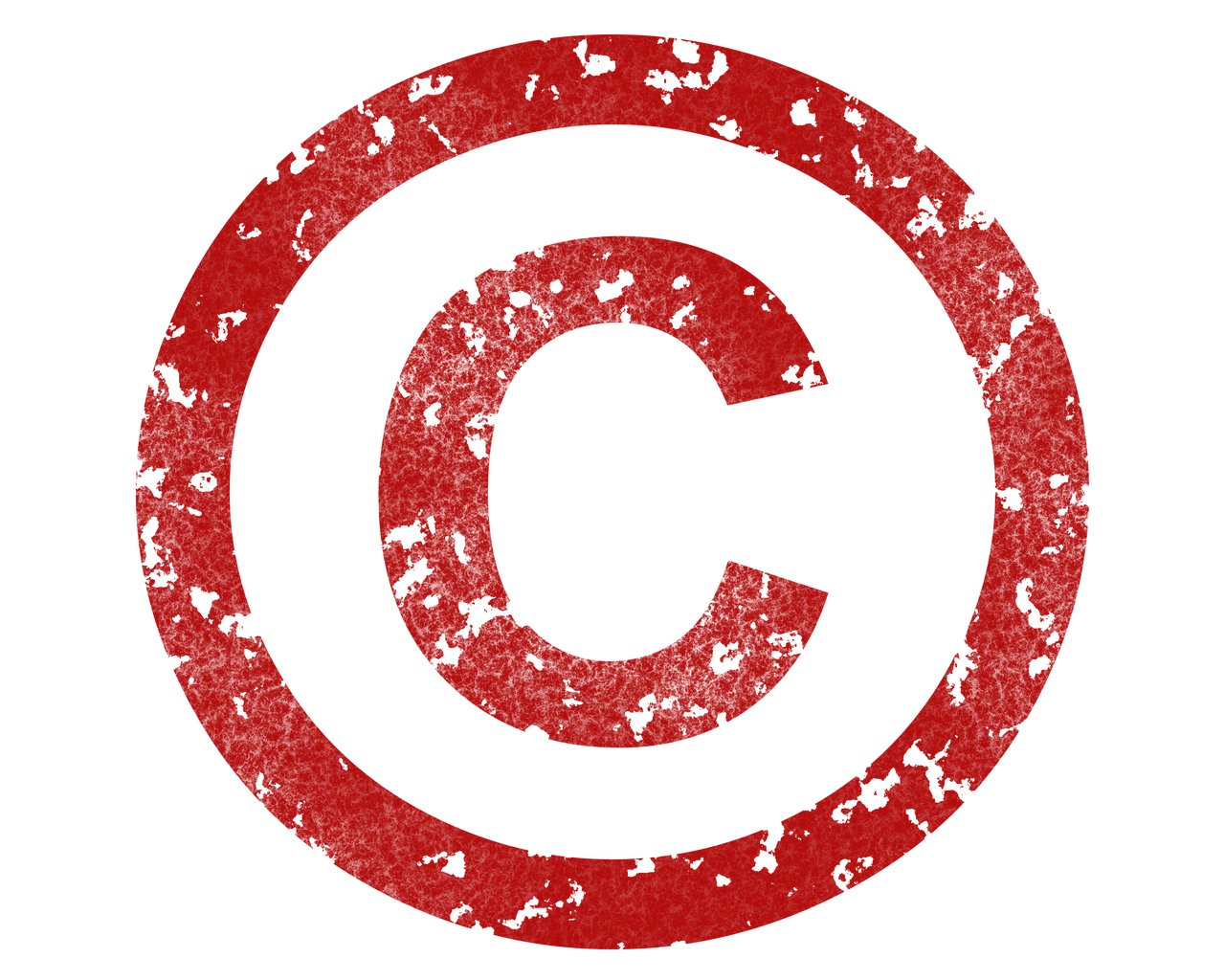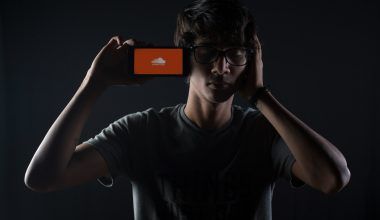Creating content is exciting, especially when you’re making a video you want to share with the world. But as you add the finishing touches, you might wonder, “If my video isn’t monetized, can I use copyrighted music?” It’s a common question, especially for new creators, and the answer isn’t as simple as you might hope. Let’s explore this topic and understand what you can and cannot do when it comes to copyrighted music.
What Is Copyrighted Music?
Copyrighted music is any piece of music that someone owns the legal rights to. When an artist creates a song, they automatically own the copyright for their work. This ownership gives them the exclusive right to distribute, reproduce, or perform their music. If you want to use a copyrighted track, you usually need permission from the copyright holder, which might be the artist, a record label, or a music publisher.
Understanding this is crucial because using copyrighted music without permission can lead to legal issues, even if your video isn’t monetized.
Does Monetization Matter?
It’s easy to assume that if you’re not making money from your video, you’re free to use copyrighted music. After all, you’re not profiting from it, right? Unfortunately, that’s not how copyright law works. Copyright protection applies regardless of whether you’re earning money or not. The act of using someone’s work without permission is what matters, not the intent or financial gain.
For instance, uploading a video with copyrighted music to a platform like YouTube can trigger a Content ID claim. This claim allows the copyright owner to decide what happens to your video. They might:
- Allow the video to stay up but collect any ad revenue it generates.
- Block the video in certain countries or entirely.
- Mute the audio containing the copyrighted music.
Fair Use: Does It Apply?
You might have heard about “fair use,” a legal doctrine that allows limited use of copyrighted material without permission under certain circumstances. However, fair use is not a blanket exception, and its application depends on:
- The purpose and character of use: Is your video transformative, such as a parody or critique?
- The nature of the copyrighted work: Is the music highly creative or factual?
- The amount used: Did you use a short clip or the entire song?
- The effect on the market: Does your use harm the market value of the original work?
Fair use is evaluated on a case-by-case basis, so it’s risky to assume your use qualifies.
What Happens If You Use Copyrighted Music Without Permission?
Using copyrighted music without permission can lead to several outcomes. Even if your video isn’t monetized, the copyright owner can:
- File a claim on your video.
- Have your video taken down.
- Demand a portion or all of the ad revenue.
- Pursue legal action, though this is rare for non-commercial uses.
These consequences can be stressful, especially if you’ve put a lot of effort into your content. That’s why understanding your options is so important.
Alternatives to Using Copyrighted Music
If you’re worried about using copyrighted music, don’t fret. There are plenty of alternatives that can enhance your video without legal risks:
Royalty-Free Music
Royalty-free music is a popular choice for creators. Once you purchase a license, you can use the music without paying ongoing royalties. Many platforms, like Epidemic Sound and Artlist, offer extensive libraries of high-quality tracks.
Creative Commons Music
Some artists release their music under Creative Commons licenses, which allow you to use their work for free under specific conditions. Always check the terms of the license, as some require attribution or restrict commercial use.
Public Domain Music
Music in the public domain is free to use because its copyright has expired or the creator has waived their rights. These tracks can add a classic or vintage feel to your content.
Original Music
If you’re musically inclined, creating your own music is a fantastic option. It ensures your video’s soundtrack is unique and avoids copyright concerns entirely.
How to Avoid Copyright Issues
To steer clear of copyright troubles, follow these tips:
- Always read the terms: Whether you’re using royalty-free or Creative Commons music, understand the licensing agreement.
- Credit the creator: If required, give proper attribution to the artist.
- Use YouTube’s Audio Library: This free resource offers a range of tracks for creators.
- Consult a professional: If you’re unsure about using a particular track, seek legal advice.
Final Thoughts
So, can you use copyrighted music if your video isn’t monetized? In most cases, the answer is no, unless you have permission or your use qualifies as fair use. Even if your intentions are good, copyright law doesn’t make exceptions for non-monetized content.
Instead, explore the many alternatives available. With a little effort, you can find music that fits your video and keeps you on the right side of the law. Happy creating!
For further reading, explore these related articles:
- The Greatest Songs of All Time: A Musical Journey Across Generations
- Axl Rose – The Rock Star Who Shaped Music Forever
For additional resources on music marketing and distribution, visit DMT Records Pvt. Ltd..






